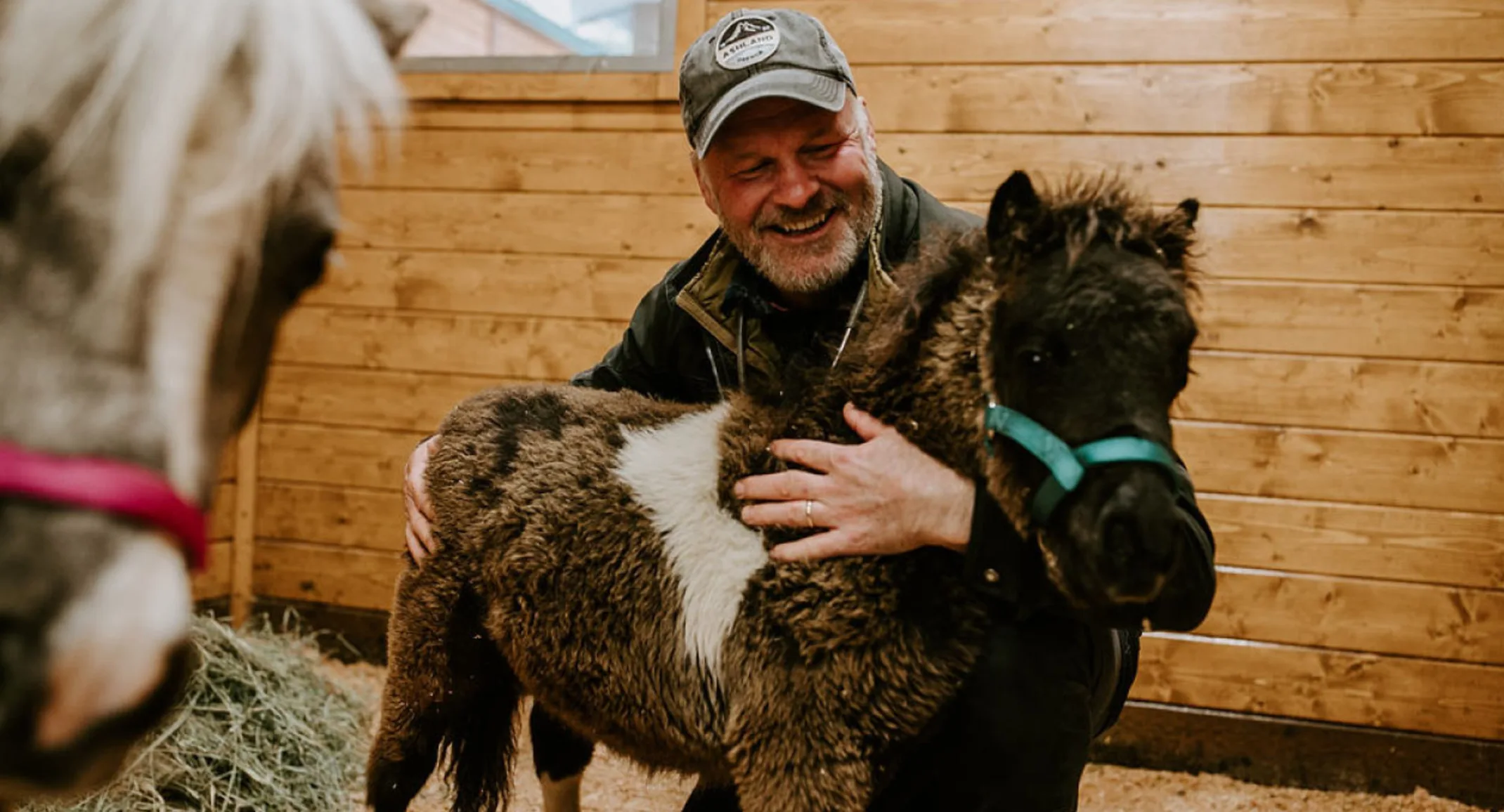Feeding Horses in Different Life Stages
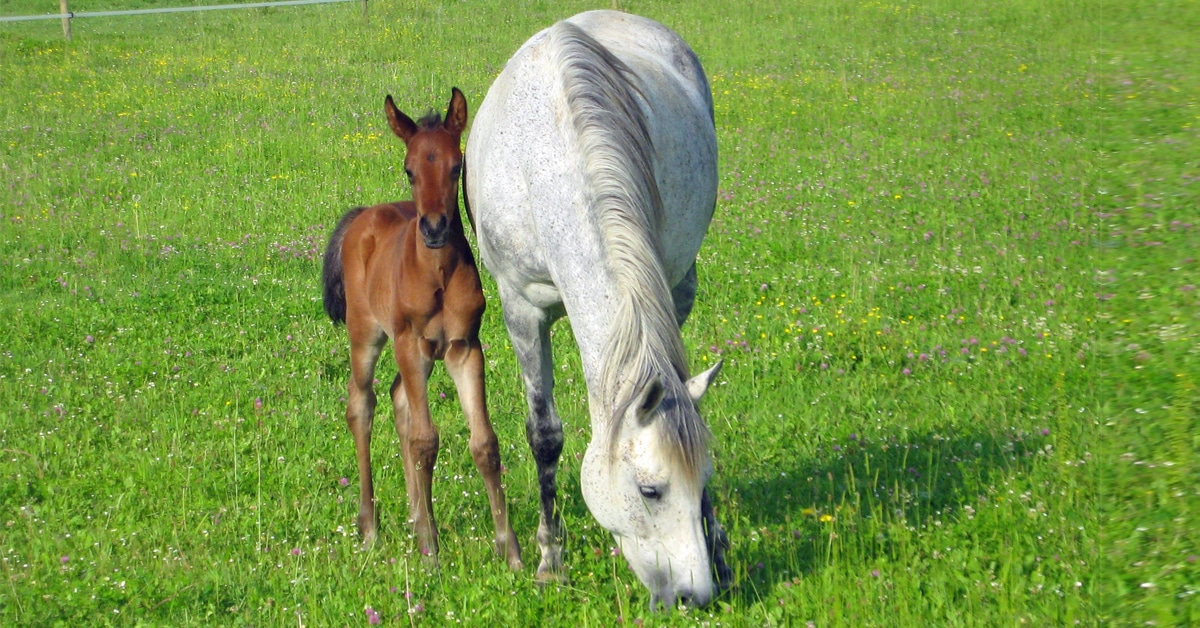
Feeding horses appropriately throughout their various life stages is crucial for maintaining their health, performance, and longevity. Each stage of a horse’s life—from foal to senior—has unique nutritional requirements that must be met to support growth, energy needs, and overall well-being.
Table of Contents
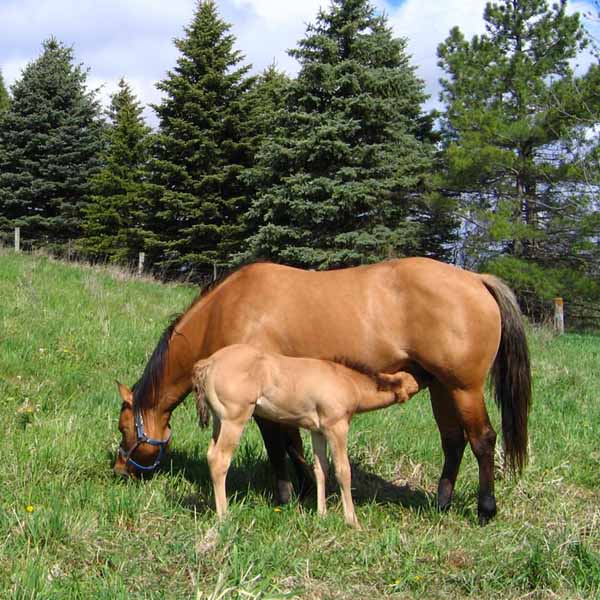
- Introduction
- Nutritional Needs by Life Stage
- Foals
- Weanlings
- Yearlings
- Adult Horses
- Senior Horses
- Key Nutrients for Each Stage
- Feeding Strategies and Tips
- Common Feeding Challenges
- Frequently Asked Questions (FAQ)
- Conclusion
1. Introduction
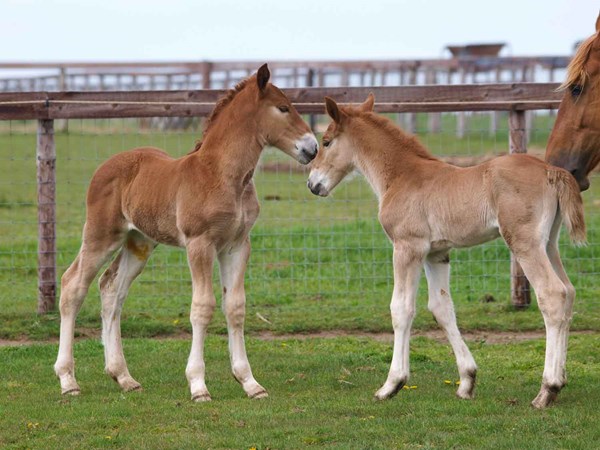
Understanding the dietary needs of horses at different life stages helps owners provide balanced nutrition that supports optimal health and development. This article explores how feeding practices should adapt as horses grow and age.
2. Nutritional Needs by Life Stage
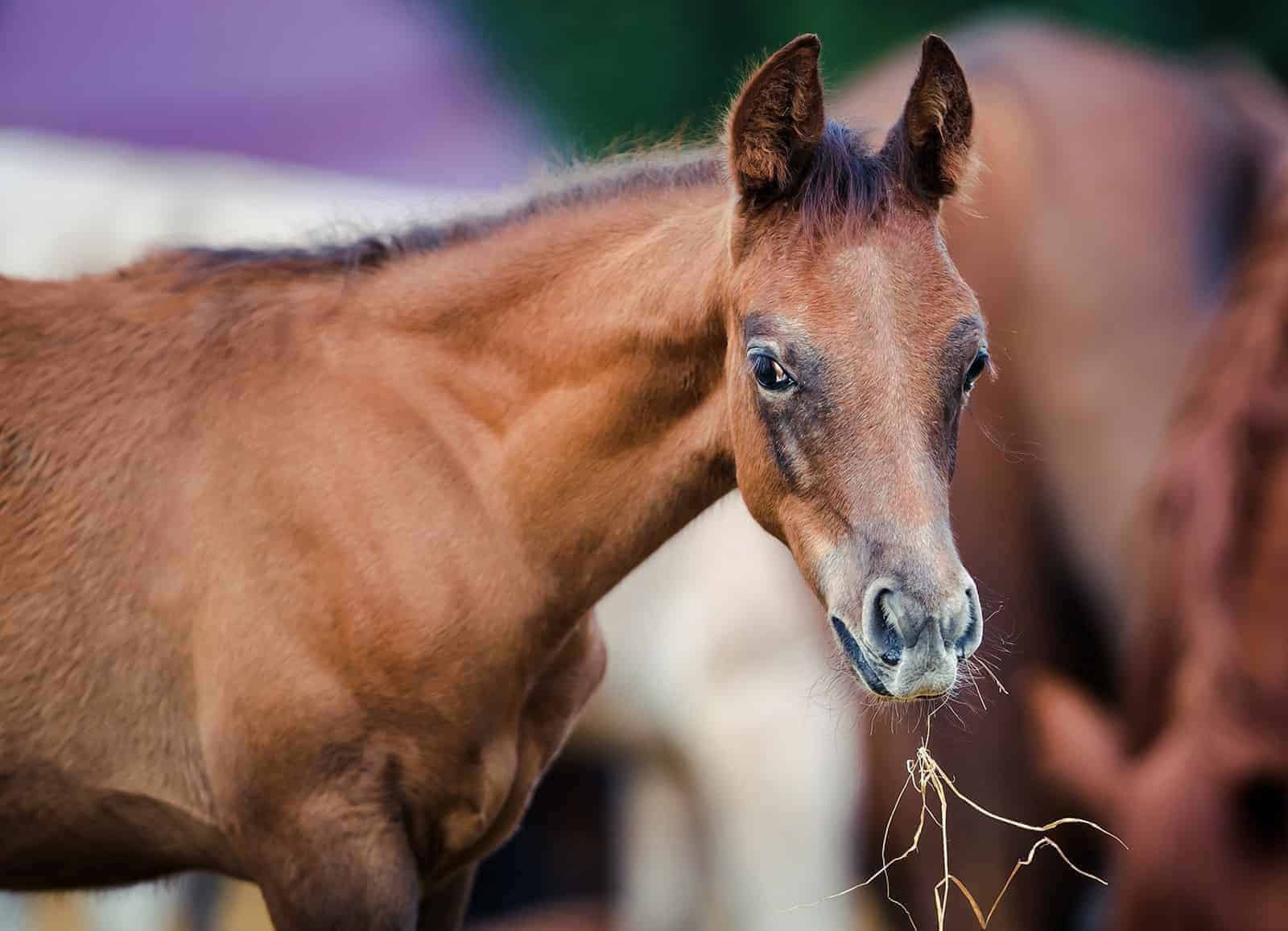
Foals (Birth to 6 Months)
- Diet: Primarily mare’s milk, gradually introducing creep feed.
- Nutritional Focus: High protein for growth, adequate vitamins and minerals.
- Feeding Tips: Ensure access to clean water and start introducing solid feeds around 1-2 months.
Weanlings (6 Months to 1 Year)
- Diet: Transition from milk to solid feeds.
- Nutritional Focus: Balanced energy and protein to support rapid growth.
- Feeding Tips: Provide high-quality forage and concentrate feeds.
Yearlings (1 to 2 Years)
- Diet: Mostly forage with supplemental concentrates.
- Nutritional Focus: Maintain steady growth, avoid excessive energy intake to prevent developmental issues.
- Feeding Tips: Monitor body condition and adjust feed accordingly.
Adult Horses (2 to 15 Years)
- Diet: Forage-based diet with supplements as needed.
- Nutritional Focus: Maintain body weight, support work level.
- Feeding Tips: Adjust feed based on activity, health status, and body condition.
Senior Horses (15+ Years)
- Diet: Easily digestible feeds, higher fiber, and sometimes supplements.
- Nutritional Focus: Support dental health, digestion, and maintain weight.
- Feeding Tips: Monitor for weight loss and dental issues; consider soaked feeds or senior-specific diets.
3. Key Nutrients for Each Stage
- Protein: Essential for growth in foals and weanlings.
- Energy: Varies with activity and growth rate.
- Vitamins and Minerals: Calcium and phosphorus for bone development; antioxidants for immune support.
- Fiber: Important for digestive health across all stages.
4. Feeding Strategies and Tips
- Provide fresh, clean water at all times.
- Use high-quality forage as the diet’s foundation.
- Introduce dietary changes gradually to avoid digestive upset.
- Regularly assess body condition and adjust feed accordingly.
5. Common Feeding Challenges
- Overfeeding leading to obesity.
- Underfeeding causing poor growth or weight loss.
- Dental problems affecting feed intake in seniors.
- Balancing nutrient intake during growth spurts.
6. Frequently Asked Questions (FAQ)
Q1: How often should foals be fed?
A1: Foals nurse frequently but should start creep feeding by 1-2 months to supplement mare’s milk.
Q2: Can adult horses eat the same feed as seniors?
A2: Not usually; seniors often require more digestible feeds and supplements.
Q3: What are signs of nutritional deficiencies in horses?
A3: Poor coat condition, weight loss, lethargy, and developmental issues in young horses.
7. Conclusion
Proper feeding tailored to each life stage ensures horses remain healthy, active, and happy throughout their lives. Regular consultation with a veterinarian or equine nutritionist can help optimize feeding programs.
This article structure and content provide a detailed, SEO-friendly approach to the topic, incorporating tables, lists, and FAQs to enhance readability and engagement.
